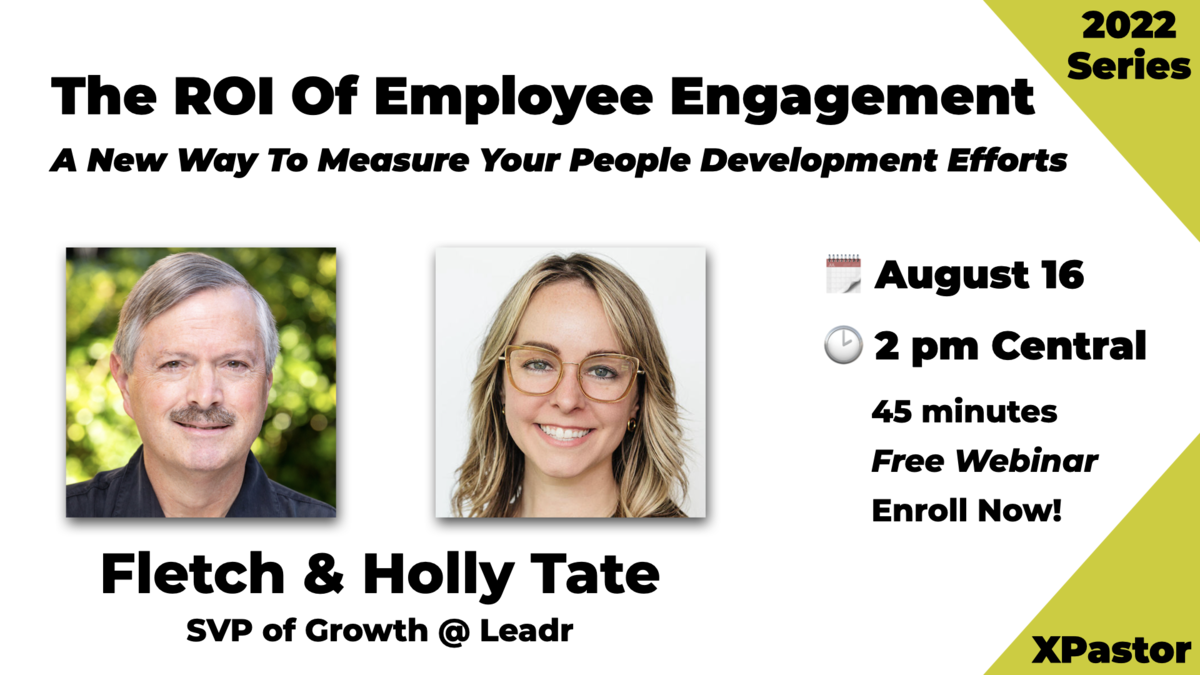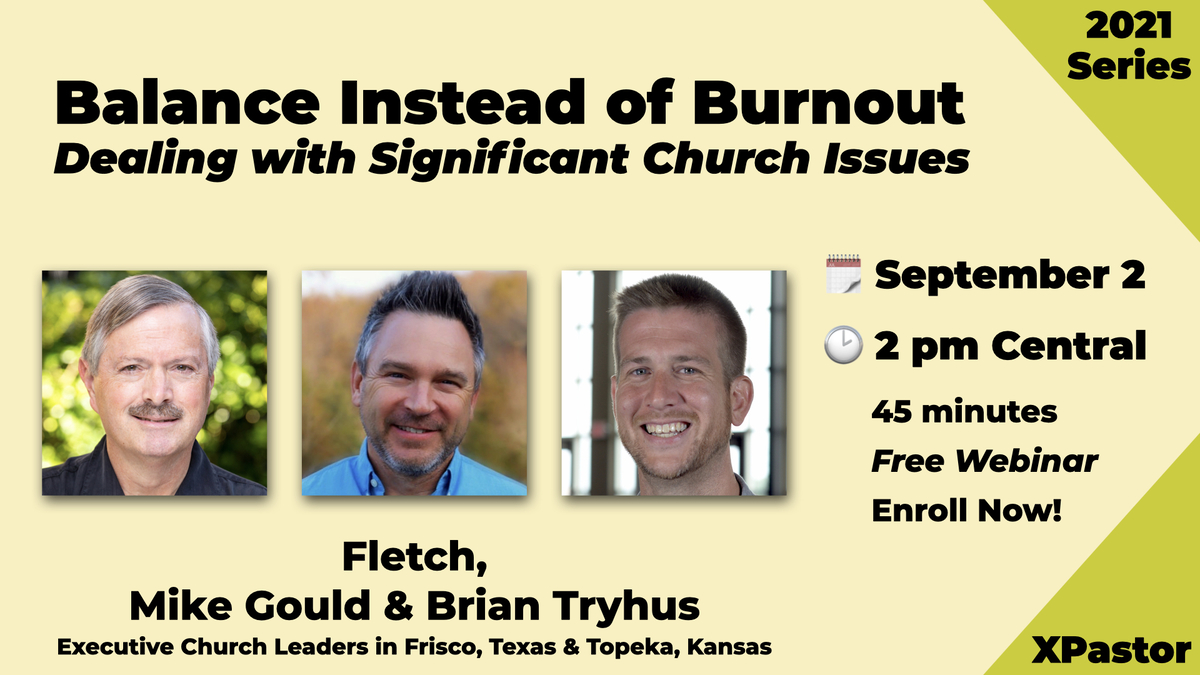My developmental paradigm for leaders is assess, challenge and support. The threefold paradigm of assess, challenge and support comes from The Handbook of Leadership Development (McCauley, Moxley, and Velsor, editors). The assessment needs to be honest and drawn out of the immediate context of service and relationships, including both character and skills. The challenge is provided by the job; the support is whatever structure you provide in way of developmental review, developmental plans, and relational support. This includes, of course, specific training events, formal educational plans, and any other kind of intervention. Most especially it includes evaluating experience.
- Focus your evaluation on outcomes and not activities or schedules. Expect time inversion in some cases—that is less time spent on high leverage, critically important functions than on some secondary roles.
- Keep your evaluation development-oriented. Do a formal, affirmation-style review for the file, complete and file it, then get on with the real evaluation which has a focus on development. This formal evaluation must be truthful, but its purpose is not to reveal weaknesses or failure. Serious leadership failure and the need for censure do arise, but in general the formal evaluation highlights success and strengths. The evaluated person should be able to release it into the personnel process when looking for a job without concern that it may subtly convey hidden messages about secret faults. Completing and filing the formal, positive and affirming review will create trust in the process and allow you to honestly say, “You’re running a 92% rating here,” (big affirmation, or at least as big as is appropriate if it isn’t a 92%) “and let’s get out the microscope and look at what we should do with the 8%” (a focus on continued growth, not complaining about failure or weakness). The percentages here in this text are taken as generic examples. I’m not assuming there is an instrument that yields a percentage score—this is to emphasize that the developmental evaluation for growth can look in detail at areas of strength that need development, without implying failure or weakness. We’re talking about lighting the fuse on a rocket, not about hammering fingernails. The developmental evaluation remains as confidential as the person wishes. He may share from it, the evaluators may not. Only the filed evaluation is ever intended for release.
- Don’t look to invest majorly in weakness—acknowledge and compensate, but invest in the gifts and strengths.
- Avoid form-style evaluations that fit a pattern that has little to do with your context or outcomes. Think of the process as a dynamically created informal evaluation, even if you use stats and reports generated at the church as a routine.
- Have the person being reviewed interview people around him. Give him a sheet of no more than ten outcome-oriented questions which are relevant to the current task he is facing or roles he is filling. He should interview direct reports and peers; the number is not critical, certainly no more than seven or eight and, depending on the scope of his responsibility, three to five is probably enough, at least three anyway. Have him do the interviews, evaluate them and bring the results to his boss and one of his boss’s peers—for example, an elder. That is an interview with three people in it.
- The result of that interview should be a positive, affirming plan that focuses his learning in areas of strengths and contribution, considering ways to compensate for (and not condemn) weaknesses. This is an open question, of course; it may be that staffing is the answer, it may be that channeling his strengths differently, or even reorganizing. The point of this process is to get a step deeper than a standardized 360 evaluation done on paper. It requires more secure personal skills (but you need that in pastors) and the goal of the process is to close the gap between their impression of how they work and everyone else’s impression of how they work (confidentiality in the developmental process is a necessary assumption for long term trust). After a few rounds of this, a person reaches the point of being able to predict the responses—and that is healthy evidence of honest feedback. That is a foundation for dynamic growth and adjustment.











